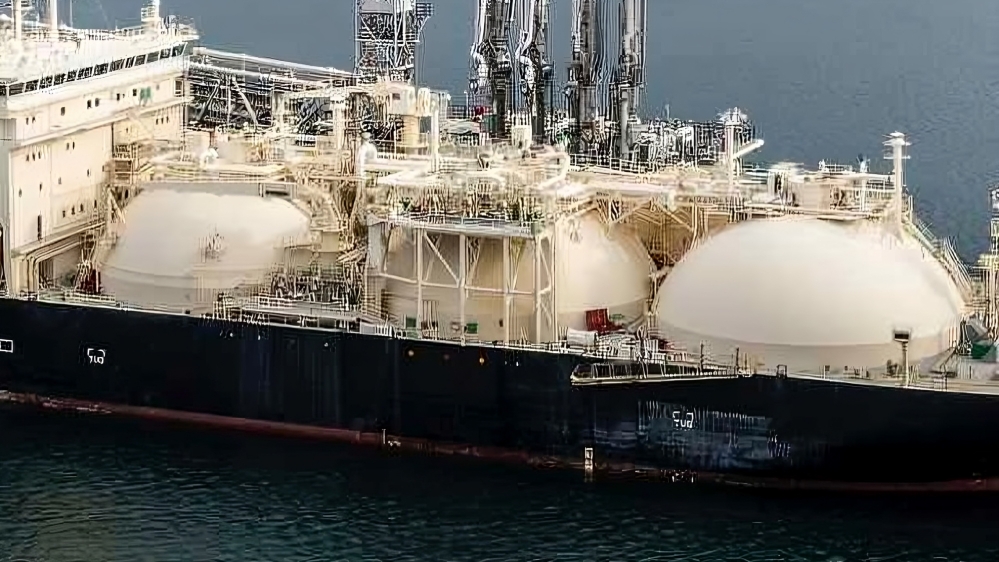Key Points
- Japan weighs LNG supply shift as Sakhalin-2 contracts expire.
- Buyers face pressure to cut Russian LNG reliance.
- Japan aims to increase renewables while reducing LNG consumption.
Rival suppliers see an opportunity to fill the void as Japan’s long-term contracts for LNG from Russia’s Sakhalin-2 project come to an end. According to industry insiders, the change coincides with Japan’s desire for cleaner energy and geopolitical pressure to lessen its need on Russian fuel.
Japan weighs LNG supply shift as Sakhalin-2 contracts expire
Russia provides Japan, the second-largest LNG customer in the world, with 9% of its yearly LNG imports, or 6 million metric tons. Long-term agreements with Sakhalin-2, a project under the supervision of Russia’s state-owned energy behemoth Gazprom, have secured 5 million metric tons of this.
As the country moves more and more toward renewable energy, Japan’s demand for LNG is declining. By 2030, the nation wants to increase the proportion of renewable energy sources from 26% to 38% while decreasing the percentage of gas-based power generation.
Japan is under further pressure to lessen its reliance on Russian petroleum due to geopolitical issues associated with Russia’s war in Ukraine. Speaking on condition of anonymity because of the delicate nature of the matter, a representative from Japan’s industry ministry stated, “The agreement among G7 members to reduce reliance on Russian energy may make it difficult to maintain the same level of supply from Russia.”
Sakhalin-2’s proximity advantage wanes amid geopolitical pressure
Because Sakhalin-2 is so close by (only a few days by sea) compared to shipments from Australia, Canada, and the US, which take more than a week to arrive, it has long been Japan’s favored LNG supplier. With major trading giants Mitsui & Co. and Mitsubishi Corp. owning a combined 22.5% share in the venture, the initiative also has strong ties to the Japanese industry.
Even if the Sakhalin-2 project is presently immune from U.S. sanctions, the rising isolation of Russia by Western allies has diminished its attraction. Individual purchasers, including a number of Japanese utility companies, will make the final decisions over contract renewals.
Beginning with a 0.5 million metric ton per year agreement held by leading power producer JERA, Japan’s long-term LNG contracts with Sakhalin-2 are scheduled to expire between 2026 and 2033. Some Japanese purchasers are debating whether to renew contracts.
“The question of whether to renew the contract or not will depend on future renewable energy capacity because our region produces a lot of renewable energy,” a representative from one of the Sakhalin-2 buyers told Reuters.
The Sakhalin-2 project, which was formerly viewed as a strategic energy asset, may become less important to Japan’s LNG supply strategy as the nation moves toward cleaner energy and confronts diplomatic pressure.



